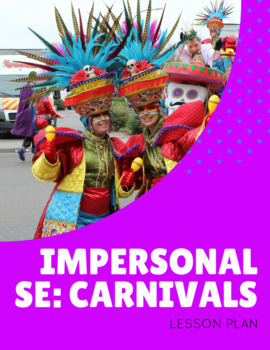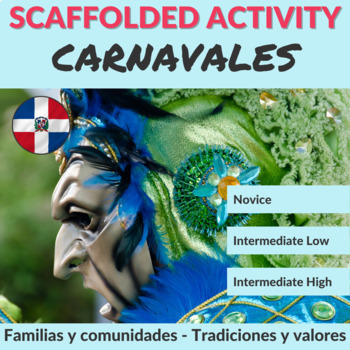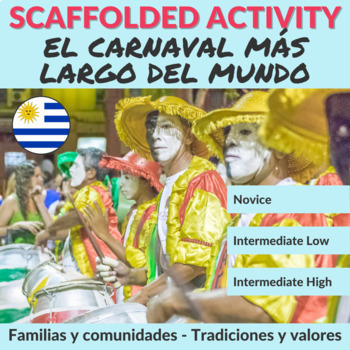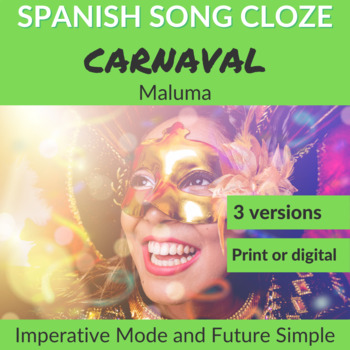
Carnivals are festivals and celebrations held regularly, usually to mark the change of seasons or other important events. The origin of word “carnival” is from the Latin “carne vale” which translates as “farewell to the flesh” and was associated with feasting and merriment before fasting during Lent. Carnivals can generally involve parades, music, dance, costumes, and games.
One of the most famous carnivals in Latin America is Rio de Janeiro’s Carnival in Brazil. This week-long festival features a vibrant array of vibrant parades, costumes, street dancers, and floats that fill Rio’s iconic Sambadrome complex each night. Brazil also plays host to many smaller carnivals like Salvador da Bahia’s events which have their unique Afro-Brazilian dances influenced by African culture.
Mexico City also has an impressive Carnival event taking place each year known as Carnaval de Veracruz featuring huge crowds who dress up in traditional costumes, listen to folkloric music, and dance in the streets until sunrise.
Other important Carnivals in Latin America include Santiago de Cuba’s Carnival with its distinctive Afro-Cuban style; Bolivia’s Oruro Carnival full of colorful costumes and festivities; Peru’s celebration complete with dozens of unique parades in Lima; and Colombia’s Barranquilla Carnival designated by UNESCO as part of the Intangible Cultural Heritage List because of its various cultural elements derived from Spanish, African, indigenous, and Caribbean traditions.
4 Carnivals Spanish Class Activities
 Lesson Plan: Carnivals and Impersonal SE Lesson Plan – Students learn about the Carnivals in Spanish speaking countries with text and two videos of the carnivals from Bolivia and Spain. They also learn about the Impersonal SE by completing a grammar chart and a written practice. Finally, students do an oral presentation using the Impersonal SE of the two carnivals based on information and images provided in the lesson plan.
Lesson Plan: Carnivals and Impersonal SE Lesson Plan – Students learn about the Carnivals in Spanish speaking countries with text and two videos of the carnivals from Bolivia and Spain. They also learn about the Impersonal SE by completing a grammar chart and a written practice. Finally, students do an oral presentation using the Impersonal SE of the two carnivals based on information and images provided in the lesson plan.
 Carnavales – Familias y Comunidades – Tradiciones y Valores (República Dominicana) – In this scaffolded visual interpretation activity, students of all levels learn about Carnivals, traditions, and values in the Dominican Republic. Students will just love to learn, investigate, and talk about carnivals, and will be amazed to make a colorful mask!
Carnavales – Familias y Comunidades – Tradiciones y Valores (República Dominicana) – In this scaffolded visual interpretation activity, students of all levels learn about Carnivals, traditions, and values in the Dominican Republic. Students will just love to learn, investigate, and talk about carnivals, and will be amazed to make a colorful mask!
 El carnaval más largo del mundo – Familias y comunidades – Tradiciones y valores (Uruguay) – With this scaffolded writing activity, students of all levels learn about Uruguay’s carnival, considered the longest-lasting in the world.
El carnaval más largo del mundo – Familias y comunidades – Tradiciones y valores (Uruguay) – With this scaffolded writing activity, students of all levels learn about Uruguay’s carnival, considered the longest-lasting in the world.
 Song Carnaval by Maluma – Imperative Mode and Future Simple – Spanish song cloze activity that includes three versions, the video link, and a short artist bio. Choose the version that is most suitable for your student’s level.
Song Carnaval by Maluma – Imperative Mode and Future Simple – Spanish song cloze activity that includes three versions, the video link, and a short artist bio. Choose the version that is most suitable for your student’s level.




